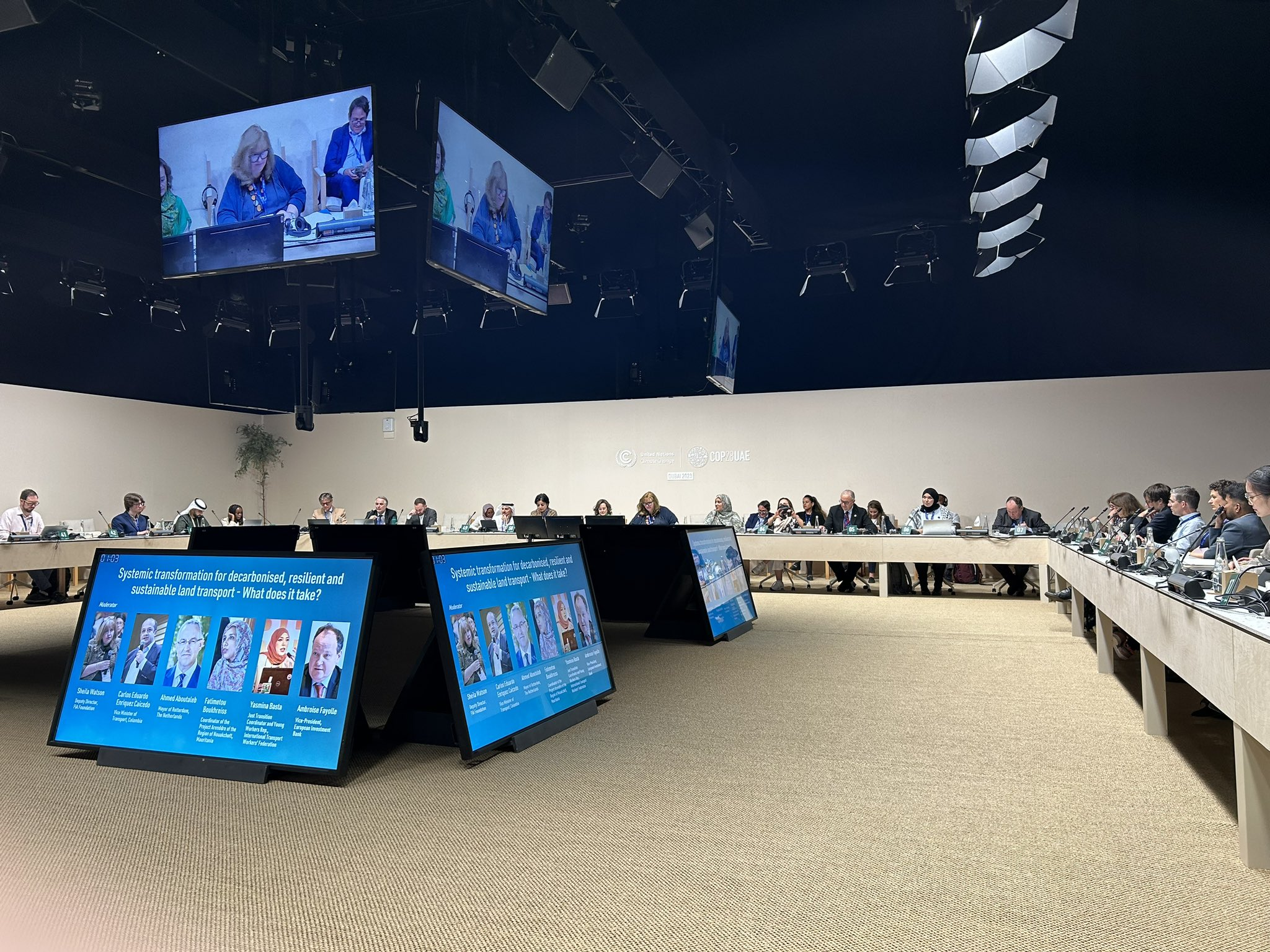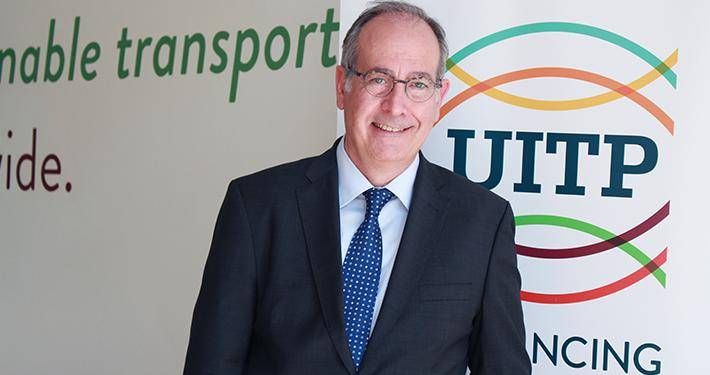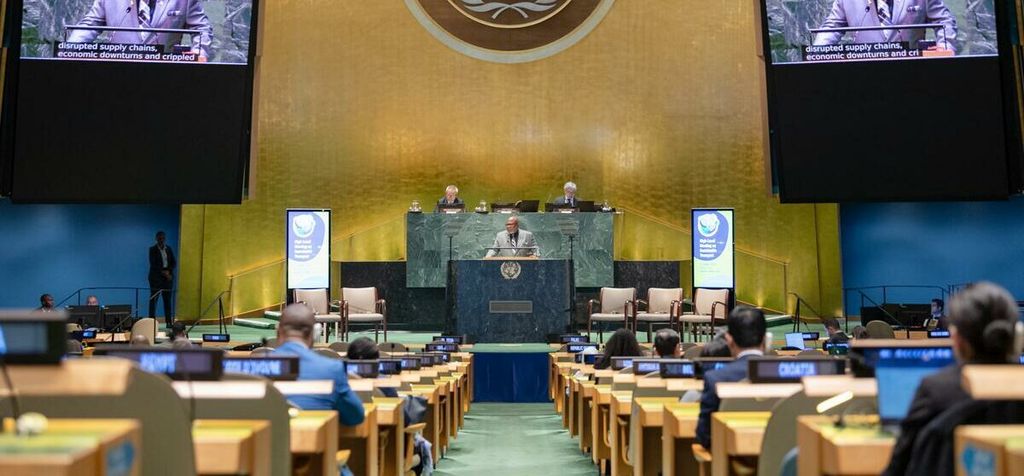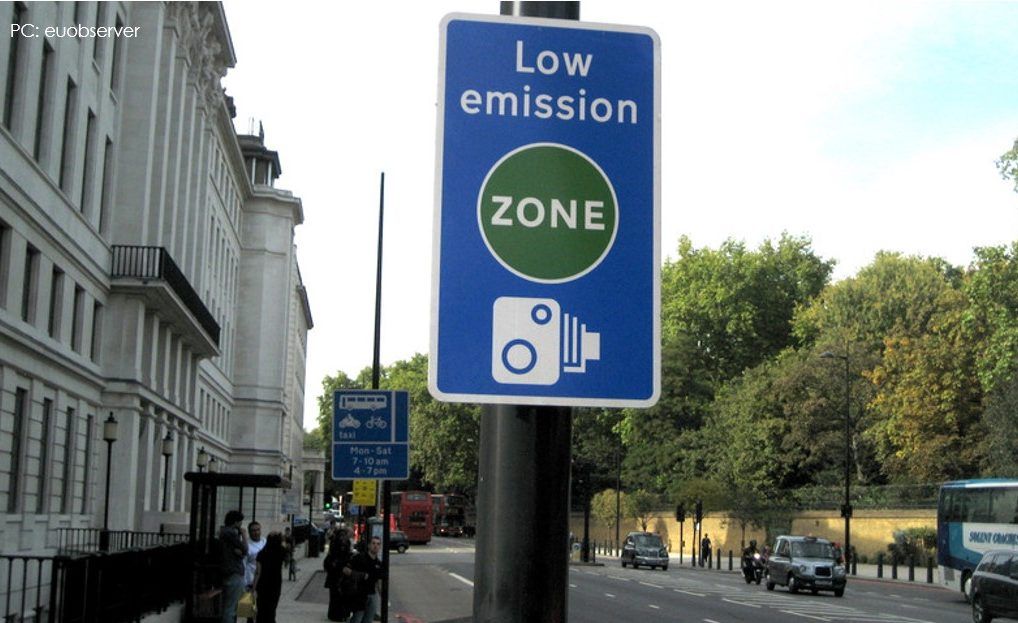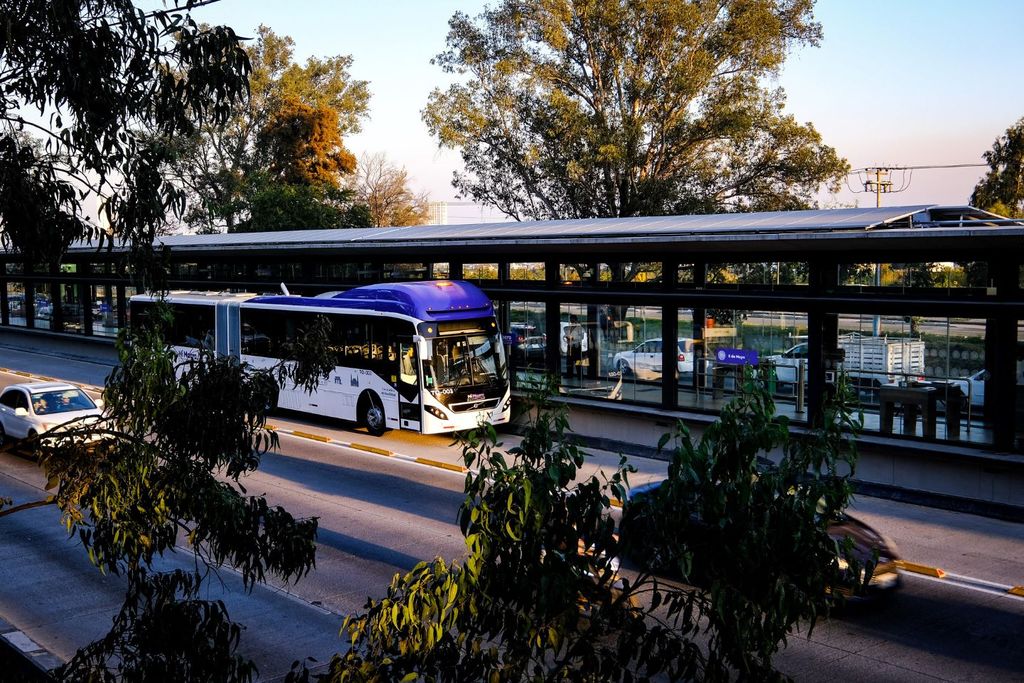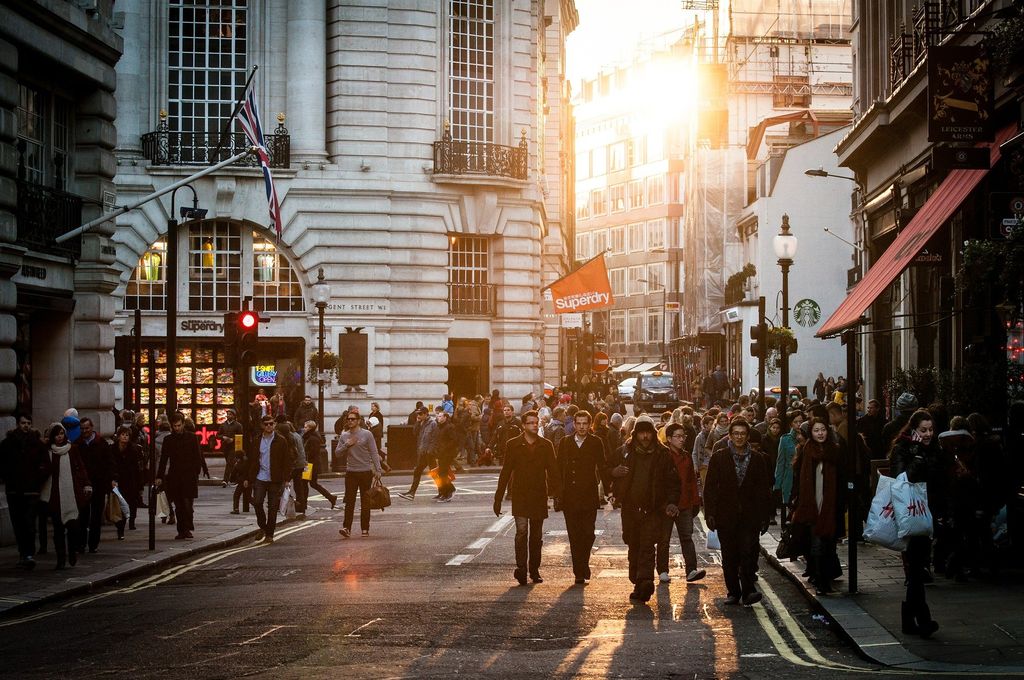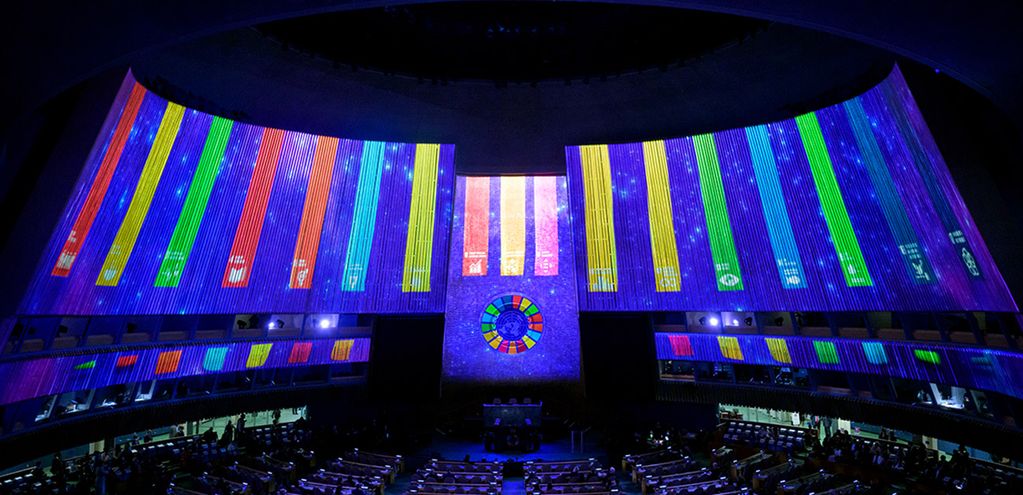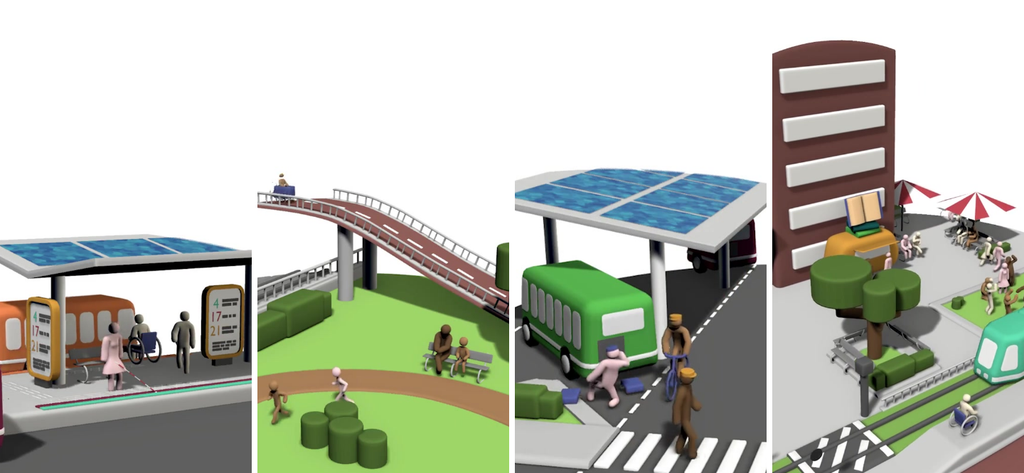
COP28 transport day puts spotlight on cities and shows pivotal role for public transport
Cities count for 75% of global CO2 emissions. They are at the intersection of population growth, economic activity and greenhouse gas emissions. Put simply, they are at the centre of any climate action.
For the first time at COP, on 6 December, the thematic day put cities and local governments, including urban transport, at the forefront. The ‘Multilevel Action, Urbanisation and Built Environment/Transport Day’ brought together local leaders including mayors, governors, parliamentarians and business professionals.
Speaking at the Ministerial Meeting on Urbanisation and Climate Change, UN Climate Change High-Level Champion Razan Al Mubarak emphasised how important cities are to every aspect of global heating: “Subnational governments are the primary implementers of localised action, and the first responders to the disasters associated to climate change.”
It is clear: public transport plays a vital role both in fighting global heating and in adapting to a changing climate. It is the best solution to decarbonise cities, fast track the energy transition and slash emissions before 2030. It is the cheapest way to decarbonise people’s daily mobility.
“We are here today to put cities and urbanisation at the heart of the climate agenda”, said Maimunah Mohd Sharif, Executive Director UN-Habitat as she opened the ministerial meeting. “We will discuss the need to align local and regional climate action strategies and unlock financing for much needed change.”
“Mayors, local leaders, are your first responders to crises in cities. This ministerial is establishing itself as the peak body for multilevel climate action. We are here to bring local voices to the global level.”
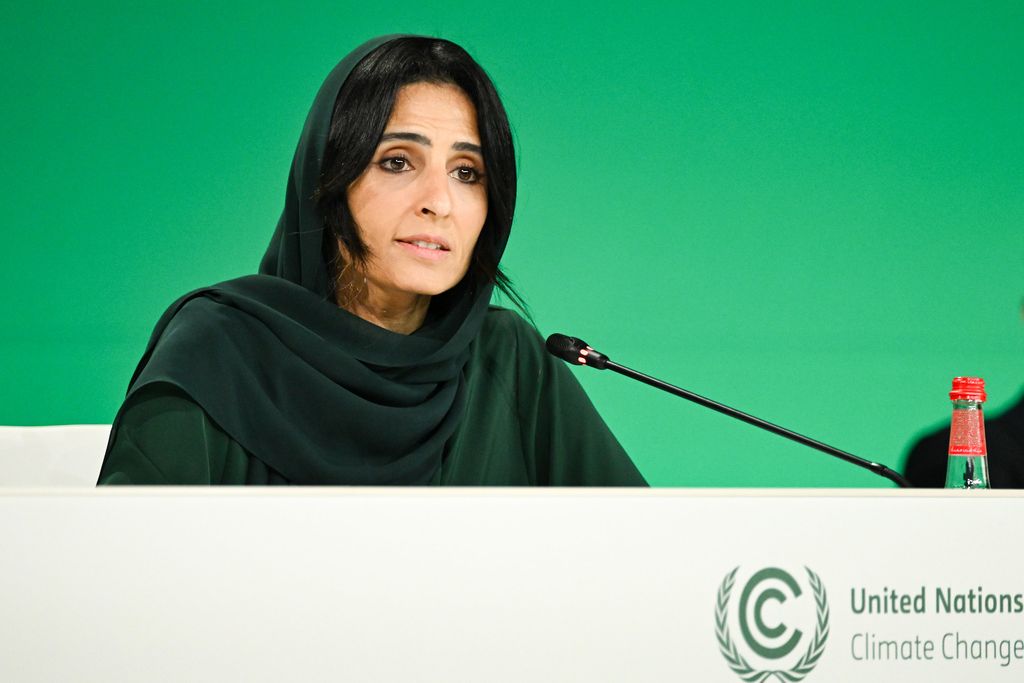
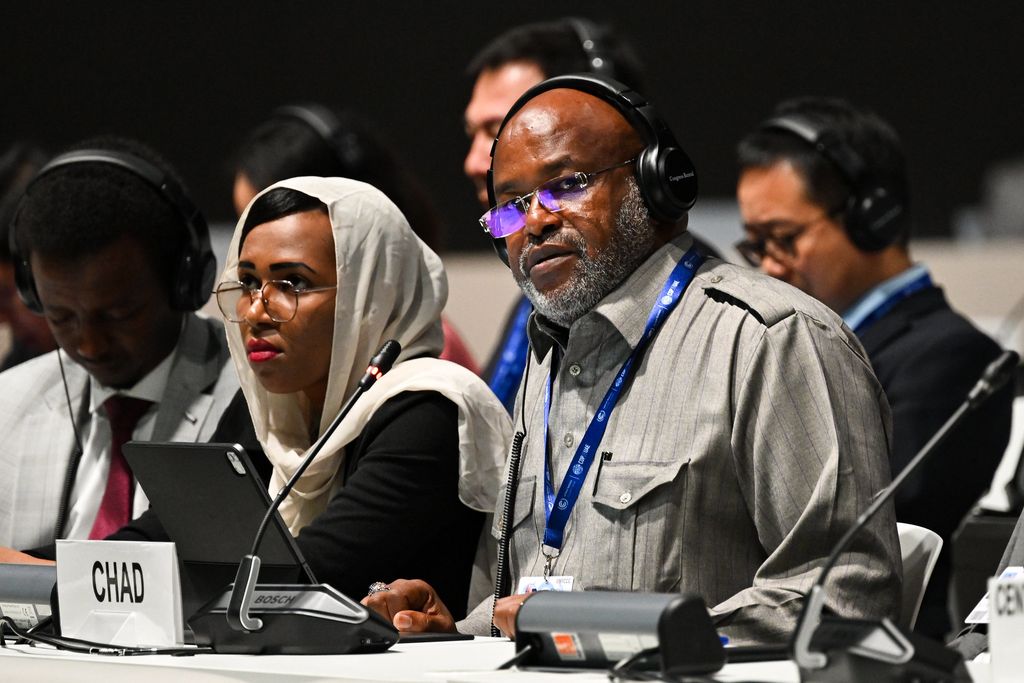
A third of countries still don’t mention public transport in their plans…
And as the world looks to cities to tackle part of global heating, over a third of countries still neglect to include public transport in the Nationally Determined Contributions (NDCs). These NDCs outline politically backed actions and targets that fight global heating and adapt to a changing climate. If used right, they could be our way out of the world’s current climate crisis and make public transport the backbone of urban mobility.
One of UITP’s main recommendations for national governments is to support regional and city governments. NDCs should detail how they will enable and support city-level action on public transport. National ministries and local governments as well as the public transport sector need to cooperate, and align strategies, communication and processes for collective multi-level coordinated NDC efforts and updates.
Ensuring reliable and affordable public transport, complemented with active mobility, is the fastest way to decarbonise people’s daily mobility. This is key to make our cities, lives and planet better.
As the world gears up for the 2025 renewal of NDCs under the Paris Agreement, now is the time to build capacity and support the adoption of public transport to unlock the true potential of the sector.
The energy and transport transitions are happening… and they must go together.
“As one of the largest single direct energy consumers in cities, the public transport sector can act as target setters, planners, partners and leaders for renewables in urban transport.” Pere Calvet, Honorary UITP President and ALSA Business Development Director took the floor during the Ministerial Round Table focused on the Transport-Energy Nexus on 5 December.
Gathered round the table were representatives from international organisations and businesses, alongside the energy and transport ministers of some of the worlds biggest economies – from Brazil to the United States and the European Union.
Decarbonising the transit system is impossible without decarbonising the energy system. Electric buses for example, need a supply of clean electricity to be fully decarbonised. At the same time, increasing the share of renewable energy in public transport drives up the demand, creating a strong business case.
The sector’s purchasing power can drive the demand for renewables. Through its vast infrastructure and future investments, public transport can also lay the foundation for integrating renewable energy into other modes of transport… The energy and transport transitions are happening. But we need to strengthen and accelerate them by facilitating the right institutional, regulatory and financial frameworks. We need to think beyond technology and simply get more people on sustainable modes of transport.”
The future is public transport!
Launched in the lead up to COP28 by C40 Cities and supported by UITP, the ‘The Future Is Public Transport’ statement called on governments to invest more in public transport.
Throughout the climate congress, countries like Chile and Colombia agreed to support the call to work with cities to accelerate climate action and invest in public transport. The coalition ‘urges world leaders to prioritise investment in public transport and double its use in cities by 2030.”
Over the next decade, the sector needs investment of 208 billion dollars per year to improve, expand and electrify public transport and reach 1.5 degree goals. Ultimately, the goal is to ensure everybody living in urban areas have safe, frequent, affordable and accessible public transport within an equally-accessible 10 minute walk from their home.
There’s no silver bullet to solve the climate crisis, but doubling public transport is one of the most cost-effective actions that we can take to reduce climate emissions, creating green jobs and inclusive opportunities, and improving the livelihoods of everyone in cities.”
Learn and implement
The COP28 transport day wasn’t just about shortcomings though. Ahmed Aboutaleb, mayor of Rotterdam in The Netherlands discussed his experience with Colombian cities at the COP28 Presidency’s Land Transport Round Table: “I’m here to learn, not just to talk. I found it fascinating to see how well Colombia connects mountain communities and cities with public transport. And people can even pay for their trip by recycling plastic bottles. Absolutely beautiful!”
Khaled Abdul Rahman Al Awadhi of RTA added to this with the experiences from the incredibly diverse Dubai. “We serve many different needs. We need to integrate different modes, including shared mobility. The metro is the backbone of the city and other services complement. The day the metro opened, was like a national holiday. Everybody wanted to see it!”
